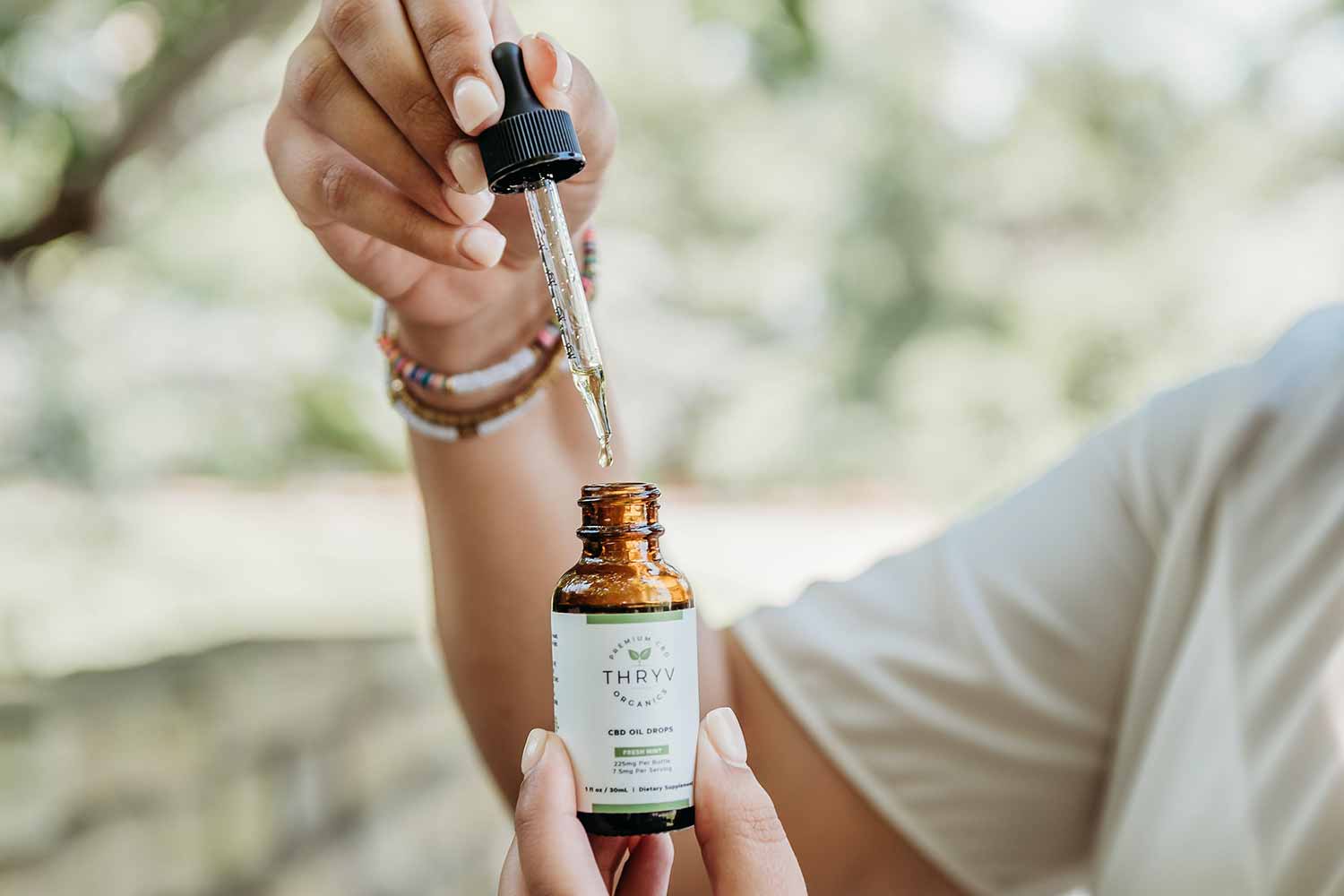Is CBD Legal?

When we talk about the many applications and benefits of CBD, the million dollar question inevitably comes up: is CBD legal? The simple answer is yes, but there’s a lot of specifics that go into it. For starters, there are two kinds of CBD: Marijuana-derived CBD, which is not currently legal federally, and Hemp-derived CBD. Hemp-derived CBD is legal at the federal level and in almost every state, as long as it is produced within law-defined regulations. It’s also key to note that CBD has the same effects, regardless of its origin. Nonetheless, regulations vary in each state, just as it happens with marijuana regulation across the country.
Photo: Unsplash
Legal CBD: Industrial Hemp
The widely accepted plant from which legal CBD is extracted is industrial hemp. It is described as having less than 0.3% THC in the 2018 Farm Bill signed by Donald Trump. As most of us well know, THC is the component of marijuana that gets you high.
The low percentage of this component in industrial hemp prompted regulators to legalize and have more relaxed regulations around it. This is especially the case since consumers can experience the health benefits of CBD without getting intoxicated.
How did CBD Become Legal?
Back in 2018 under the Trump administration, the US Senate introduced the Hemp Farming Act in its version of the 2018 Farm Bill, which was signed in December.
The 2018 Farm Bill legalized hemp at the federal level. The bill removed it from the federal list of controlled substances where it was classified as a Schedule I substance. Instead, it was made into an agricultural commodity, whilst taking away the DEA’s authority over hemp regulation. The DEA, however, still holds marijuana-derived CBD as a Schedule I substance, which means this type of CBD is illegal.
Signing this bill into law also helped with restrictions on the sale, transportation and possession of hemp-derived CBD products. It also allows the transport of hemp-derived CBD products across state lines, as it’s legal on a federal level.
Why was CBD not Legal Before?
As a society, we’re just starting to understand, research and legalize marijuana but there’s still a lot of stigma towards the plant. CBD’s incapability to get a person high and the many benefits it holds weren’t well known and information on the science behind it was scarce.
Many legislators still hold some of these beliefs, as there’s still some confusion on the differences between CBD and THC, as well as their individual effects.
On the other hand, there is fear that hemp farms could be used as a way to hide marijuana. This also ties back into the lack of understanding of the plant’s natural and induced processes.
The Power of CBD
Luckily, research and science continuously backup CBD’s power, allowing for change to be made. Hemp-derived CBD and related products are widely available across the country now and acceptance around it is increasing rapidly. Even the FDA now recognizes the value of CBD for certain conditions as a form of therapy.
If you or anyone you know is looking to try CBD, make sure to review your state’s laws and regulations to ensure you’re complying with them.
